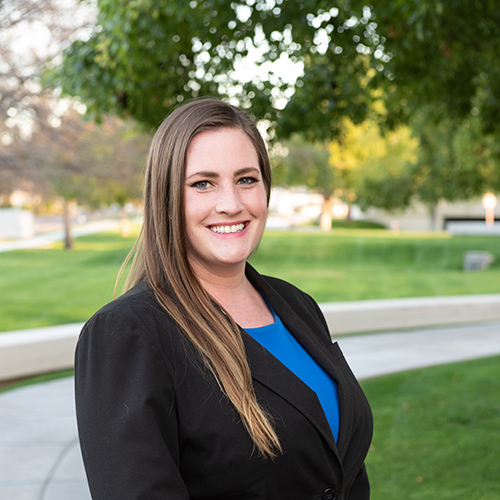One very common question people wonder when creating a trust is, “Do I need a will if I have a trust?” The simple answer is, “Yes.” A trust and a will serve completely different functions in your estate planning, and both are essential tools for making informed decisions with your assets, so your loved ones don’t have to make them after you are gone.
A Trust is Used as a Probate Avoidance Tool
A trust is essentially a legal entity. Thus, you can transfer legal ownership of assets to a trust. A trust is a solid estate planning tool because the trust must distribute or manage the assets it owns according to your instructions, even after you are gone. A trust avoids probate because the trust doesn’t die. There is no probate if there is no death. Trusts are versatile and avoid probate, but not all assets should be, or can be, owned by a trust. Further, many people forget to, or neglect to, place all of their assets into a trust which they should have.
A Will is a Tool for stating Your Wishes and Transferring Assets
A will, on the other hand, is a document stating your wishes for transfer of assets upon your death. Your will also serves to “nominate” persons to the essential positions of guardian for minor children and a personal representative (in Arizona) to oversee the assets in your estate. Recall, however, that not all assets will be in your trust. You may forget about a smaller account. A financed vehicle usually cannot be placed into a trust. Most people do not place every TV and piece of furniture they own into trust. And what about that Rolex you bought three days before you passed…? Those items are still in your estate. Your will also functions to make sure those items transfer according to your wishes.
The Pour-Over Clause in a Will Protects your Trust’s Intentions
If you have estate assets that were not placed in the trust or were inadvertently left out, the “pour-over clause” in a will should ensure that these estate assets are placed into your trust. A pour-over clause is a term in a will that gives away the “residuary” or the “residual estate” to a certain person, entity, or in this case, to your trust. The residual estate is everything you forgot to, neglected to, or didn’t care enough about to place into your trust (or to explicitly give away in your will). The pour-over clause, for a trust holder, transfer the residual estate into your trust. This ensures that your beneficiaries receive the bulk of your estate, even if you forgot to include the asset in your estate planning.
Nominating a Guardian
Wills are for stating your wishes upon passing. Hence, it is the appropriate document in which to nominate a guardian for minor children. Even if you’ve established a trust to manage your assets for young children, a will’s guardianship nomination is necessary to name who should parent minor children in your absence.
Nominating a Personal Representative (Executor)
Wills in Arizona nominate a Personal Representative (executor, in other states) to manage the probate process and ensure assets go where they should. This role is necessary, as not all assets can or will be transferred through your trust. Further, you need someone to ensure your guardianship wishes, your burial wishes, and your wishes for pets are followed through. Your personal representative should be a trusted person who will ensure that your wishes are followed.
In Summary
A trust is a powerful estate planning tool. It does not, however, replace the functions that your will provides: nominations and ensuring assets are transferred to the right people and places. Both documents serve as essential tools in estate planning. Having both ensures your estate planning intentions are carried out as effectively as possible.
Brittany Labadie is the Managing Partner at Lewis Labadie. She has been working with Lewis Labadie since it opened. Her current focus is with adoption cases, including juvenile adoptions, adult adoptions, foster care adoptions, same-sex adoption, surrogacy adoptions, and when necessary termination of parental rights. She works throughout the State of Arizona.



